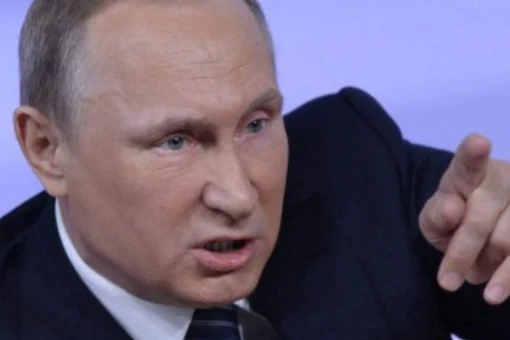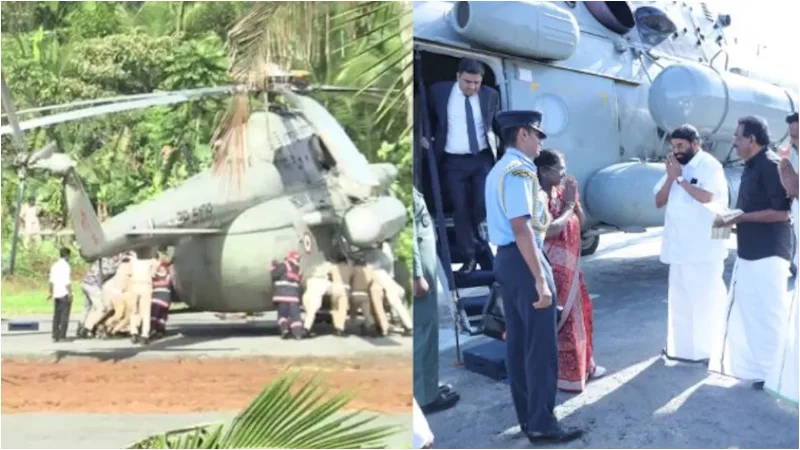China has declined to denounce the Kremlin’s assault on Ukraine, and significant Chinese multinational corporations have not withdrawn from Russia as many Western corporations did. Beijing’s foreign minister has taken a “pro-Russia neutrality” stance, voting against condemning the conflict at UN Security Council sessions.
China has also opposed the use of sanctions on Moscow, and China’s foreign minister has repeated China’s desire to avoid the consequences of economic penalties against Russia.
“China is not a party to the issue, and even less wants to be damaged by the sanctions,” Wang Yi stated last month.
China is Russia’s largest import source, according to customs figures, with the nation selling $12.6 billion in products to Russia in just one year.
Deng Jinling, the owner of an eastern Chinese firm, detailed how items bound for Russia were sitting idle in her storage.
In 2021, Russia will account for around 30% of her company’s overall sales.
“Our clients are all waiting to see whether the currency rate may improve a little,” she told Reuters.
“With the current currency rate, their costs are too exorbitant.”
Shen Muhui, who runs a group of over 20,000 small Chinese enterprises selling to Russia, noted that “the rouble’s devaluation implies that you lose money every time there’s a sale.”
He noted that the number of Russian clients willing to pay in Chinese yuan was too little to make a significant difference.
“You can’t raise prices because Russians can’t afford them.”
“So you lose money when you change your receipts into yuan.”
“Exporting to Russia becomes unfeasible,” he added.
According to Chinese customs figures, commerce between the two nations reached a new high of $146.9 billion last year, an almost 36 percent increase.
Since Russia’s annexation of Crimea in 2014, when it was hit with Western sanctions, China has become a vital supplier of imports for Russia.
However, China’s situation is compounded by EU concerns that the EU “would not take it lightly if China publicly takes sides with Russia.”
According to one senior EU official, “the message should be clear: any military or financial help from China to Russia, even to bypass sanctions, will have major ramifications for EU-China ties.”
However, this contradicts remarks made by Russian Foreign Minister Sergey Lavrov, who was in eastern China this week for meetings with colleague Wang Yi.
He went on to say that the globe was “going through a very dangerous period in the history of international relations.”
In a letter to the Chinese government, he stated that at the conclusion of this stage, “we, together with you and our sympathisers, shall construct such a new global order.”





















